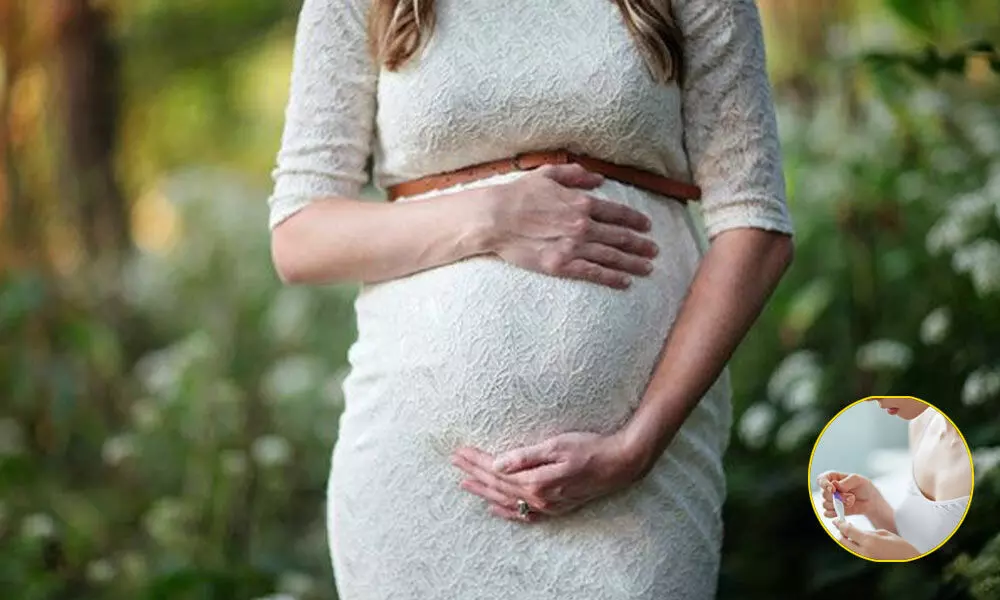Things to know about ovulation and pregnancy

Things to know about ovulation and pregnancy
Not knowing about your fertile window, tracking and predicting ovulation days can be challenging for desirous couples to get pregnant
Ovulation is a subject of reproductive health that is often surrounded by myths, unverified information and fiction. While there are factors beyond ovulation that can help in getting pregnant, ovulation plays an important role in successful conception. Not knowing about your fertile window, tracking and predicting ovulation days can be challenging for desirous couples to get pregnant.
Dr Kshitiz Murdia, CEO and Co-Founder of Indira IVF explains it all:
What is ovulation?
Ovulation is a part of the reproductive cycle when the egg is released from ovary of the dominant follicle into the fallopian tube. When the egg is fertilized by a sperm, an embryo is formed in the fallopian tube which later travels to the uterus developing further into fetus. In the case where the egg isn't fertilized by a sperm, it disintegrates and sheds along with the uterine linking during menstruation.
How to track or predict ovulation day?
Typically, ovulation happens about 13-15 days before the start of each period. But like period, the timing of ovulation can vary in each person from cycle-to-cycle. If an average menstrual cycle is 28 days, the ideal day for ovulating would be around day 14, and most fertile days would be two-three days prior to that.
Symptoms of ovulation
Symptoms of ovulation can differ from person to person. Females can experience- mild ovulation pain, spotting, increased libido, tender breasts, bloating and change in consistency and amount of vaginal discharge (clear and slippery like egg white) and the amount of vaginal discharge also increases.
Apart from these symptoms ovulation can also be tracked by transvaginal sonography, basal body temperature, ovulation prediction kits, maintaining a tracking calendar, ovulation indicator applications etc.
What is a 'fertile window' and how is it related to ovulation?
A fertile window is the time frame during the reproductive cycle when the chances of conception are higher. While the sperm can stay active in the female body up to three days, the life of an egg is limited to survive for about 24 hours. Therefore the best time to try for pregnancy is from three to four days before ovulation to about two days post ovulation.
Ovulation and pregnancy post 40 years
While the quality and quantity of eggs in women starts to reduce in their 30s and can sharply decline post 35, it is possible to have babies through various ART methods. The consistency of ovulation and risk of infertility can get affected after 40 years of age. Egg freezing, cryopreservation, embryo preservation PGTA, IVF and IUI etc. are few of the methods one can opt for under the medical guidance of doctors and embryologists for a successful conception even in 40s.
Getting pregnant or successful conception goes beyond than just ideal timing. There are a variety of physiological, physical, reproductive and health factors that can impact pregnancy. It is always advised to consult your doctors and embryologists and gain more knowledge on the subject to be able to plan a successful roadmap to pregnancy.








